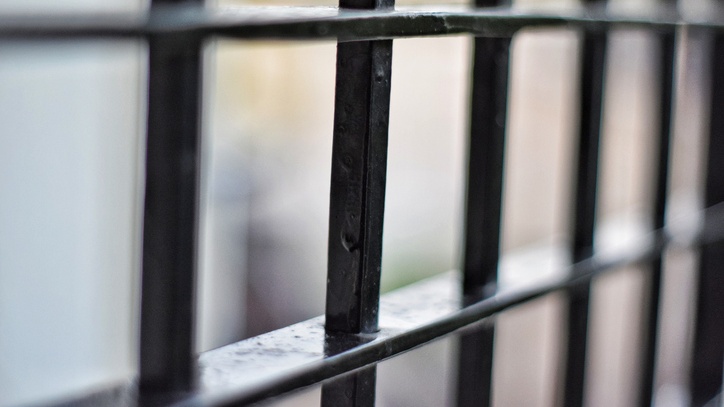Inmates in several West Virginia prisons will be given access to electronic tablets for the first time, giving them the ability to read online books and articles, listen to music and communicate with the outside world through email, but there’s a catch — or a price, rather.
Inmates will have to pay between 3 and 5 cents a minute for the privilege of reading books that are already available free of charge digitally.
According to a report from Reason Magazine, a 2019 contract between the West Virginia Division of Corrections and Rehabilitation (WVDCR) and Global Tel Link (GTL) states that inmates will be charged 3 cents per minute to read books — which is currently considered the discount rate. This contract charges inmates, yet all books from Project Gutenberg, a free online library that offers roughly 60,000 ebooks, are free of charge, per the Appalachian Prison Book Project (APBP).
The contract further states that it will cost inmates 5 cents per minute to read books, listen to music, or play games; 25 cents per minute for video visitations; 25 cents per written message; and 50 cents to send a photo with a message.
Although this initiative’s aim is to provide access to educational materials and incentives for good behavior, it’s pricing structure might work against the best interests of the inmates. The Prison Policy Initiative estimated that 2017 wages in West Virginia prisons ranged between 4 cents and 58 cents an hour.
"If you pause to think or reflect, that will cost you," said Katy Ryan, APBP’s founder and educational coordinator. "If you want to reread a book, you will pay the entire cost again. This is about generating revenue for the state and profit for the industry. Tablets under non-predatory terms could be a very good thing inside prisons. GTL does not provide that."
The WVDCR will receive a 5% commission on gross revenue from the tablets, reports Reason. A spokesperson for West Virginia prisons noted that no inmates are being forced to use the tablets in the Reason report. The spokesperson also said the 5% commission will go toward a fund at each prison that inmates "use for such things as paying for cable TV and hosting open house visitation events for families."
This type of contract is among the latest in a national trend of prisons restricting book donations and coercing inmates to pay for amenities through services provided by private contractors.
Last year, inmates in Florida were forced to return MP3 players purchased through the state's previous provider after the state signed a new contract with JPay. Any songs or tracks they purchased previously were lost in the exchange.
Pennsylvania currently pays a private contractor $4 million a year for digitized mail services, where letters to inmates are scanned and sent to inmates as black and white copies while the original letters are destroyed.
The WVDCR banned inmates from receiving original mail in 2017.
